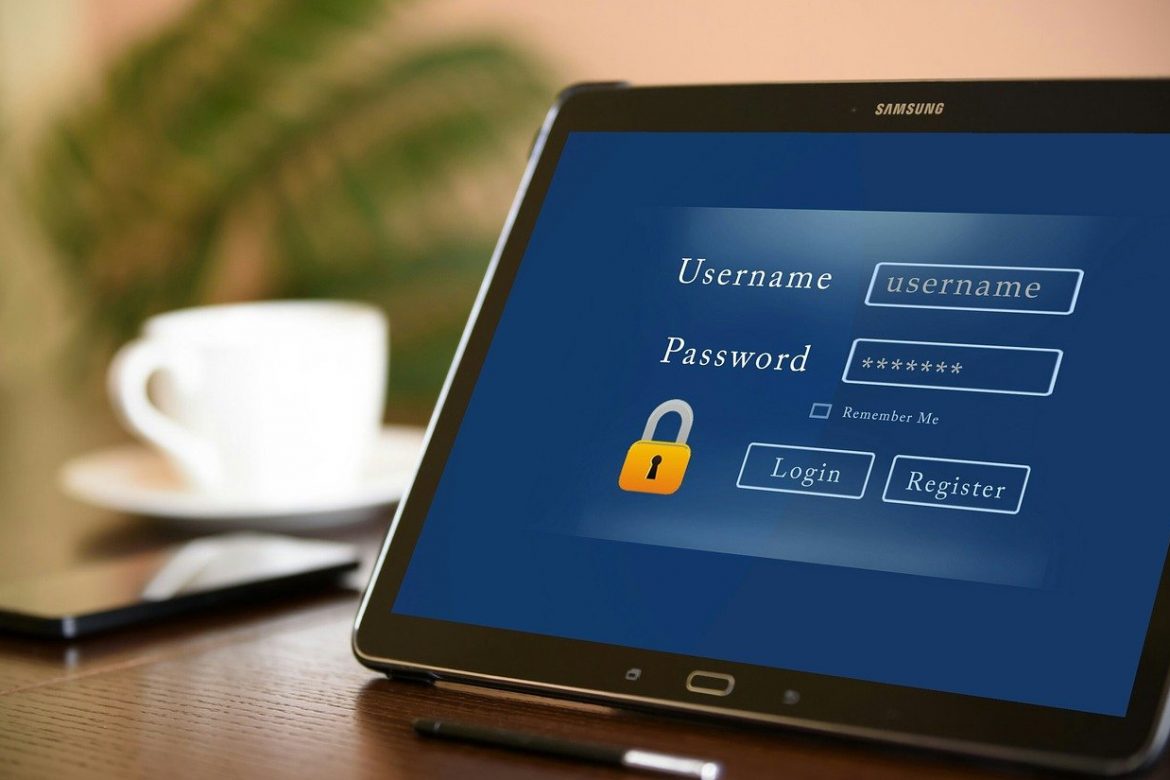Today, we live in a world that’s unlike anything we’ve known before. Technology reigns supreme, playing an ever-increasing role in our heavily digitized lives. If we want to bank, we open an app to do so. If we want to start dating, we sign up for an account on the dating website to meet other singles. When we want to shop, we can do so from our phones as we commute. All this and more can be achieved at the touch of a button.
However, life online does have its downsides. While it’s made almost all our daily activities easier and more convenient, it also means that we’re increasingly at risk from cybercriminals. These individuals and organizations operate with the aim of accessing our personal and financial information online.
Passwords are designed to stop them, but they can only do this if they’re effective and not easily guessed. That’s why certain types of passwords should be avoided. Below, we look at four examples to help you stay safe online.
Passwords matching your username
Most of us opt for passwords that are easy to remember. This might be because they have a special significance or because we use the same password across our accounts. Neither of these examples is a particularly good idea, but what’s even worse is using a password that’s the same as your username. While you’re unlikely to forget this, it’s incredibly easy for hackers to guess, meaning this is one online habit you should immediately ditch.
Personal information
Many of us are also guilty of incorporating our personal information into our passwords, such as birthdays, locations, or the names of our children. For example, ExpressVPN’s password infographic shows that the name “Ashley” is the most common password in the UK, while “Martin” is popular in Slovakia. The danger is that such information can easily be found online via your social media accounts.
If you’re wondering whether this applies to you, Defending Digital says to ask yourself this: is your birthday visible on Facebook? Or have you ever posted a picture of your child or pet on Instagram with their name captioned underneath? If so, you could be at risk.
Greetings
It is also common for people to use greetings, such as “welcome” or “hello”, as passwords. As you can see in the infographic above, this is a particularly common error among those living in the Netherlands. As a result, this is a go-to option for would-be hackers, leaving accounts with this kind of password extremely vulnerable.
“Password” passwords
If you think you’re being clever or witty using “password” as your password, it’s time for a rethink. CNN Business reveals this is the fourth most commonly used phrase, so it’s not only hackers who are likely to give it a go. Whether it’s a disgruntled former employee, a nosey acquaintance, or a family member doing some snooping, this is one most people will try if they’re attempting to gain access to an account that’s not their own.
Isn’t it time to break those bad password habits and work on keeping yourself safer online?

